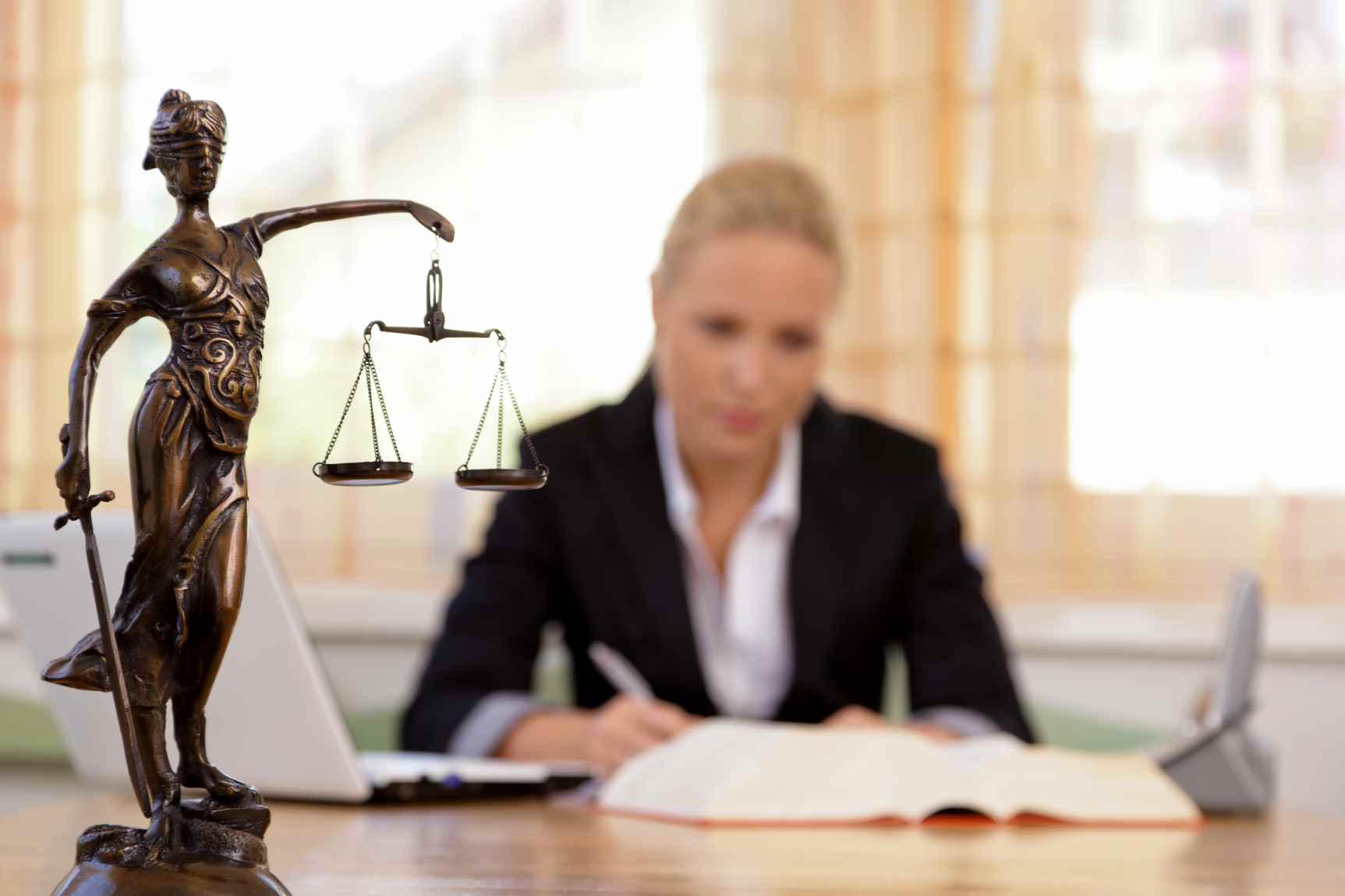
The law works, ostensibly, on a principle of equality; all are equal before the law, and all cases should be tried based on the evidence presented and legal precedent. Your race, your socioeconomic status, your gender, your sexuality; none of these should play a part in how you are treated. Justice is blind. The ruling class should be as subject to the law as the most disenfranchised, and this standard of law is what gives us a free and just society. There are arguments that this equality is what has made the United States one of the most powerful and influential nations. Back before this legal equality, there was no incentive to create anything new; what you created could be wrested from you by those who sought power. Those who hunger to rule fear change, because any transformation to society could end their rule. The rule of law allows us to innovate without fear of reprisal from the jealous.
In some sense, the rule of law acts as a replacement for trust. Before contract law, how were you to know whether or not someone would uphold their end of the deal? You had to talk to other people who knew the individual you were about to do business with and confirm their trustworthiness. You also needed some means by which to recover your goods should you be cheated. These types of arrangements could lead to long feuds, but with the rule of law, such feuding has been more or less eliminated in our modern society. There are, however, some problems that remain.
There are individuals who might not be treated the same under the law, depending on the institutional biases that surround them. When you are a marginalized person, because of any number of facets totally outside of your control, you may go to court in front of a judge who does not like you, simply because of your race, class, colour, creed or orientation. Without a judge’s influence, problems still prevail. To quote Anatole France: “The law, in its majestic equality, forbids the rich as well as the poor to sleep under bridges, to beg in the streets, and to steal bread”.
Equality before the law is not a reality. We believe in the fundamental equality of all people, but biases will change how clients are defended, how cases are made, how sentences are passed. Everyone from attorneys to court staff to the mailman has a duty to be aware of their biases, and to try to subdue the effects of these biases on their overall judgements. As an attorney, it can be helpful to be aware of the biases that can be generated by your own behaviours. Showing up rushed or unprepared for a court case, or appearing in an unfamiliar court house looking uncomfortable can create unwanted bias; it’s in the nature of people. Should you find yourself unable to dedicate the time necessary to make a court appearance, you can hire an experienced appearance attorney to appear in your stead.